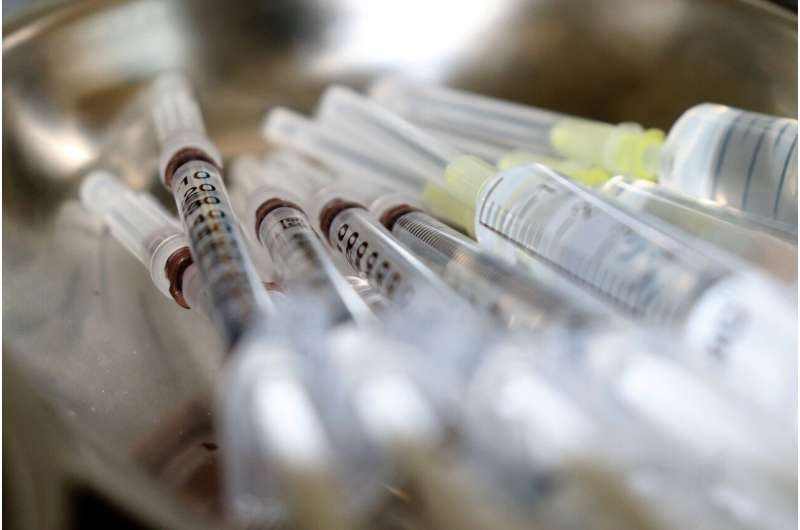Reforms Underway After Reports of Near-Misses in the U.S. Organ Donation System

The U.S. is strengthening its organ donation protocols following investigations into alarming near-misses and risky practices, enhancing safety and public trust in the system.
The United States is implementing new safeguards in its organ donation framework following a federal investigation that uncovered alarming incidents within certain donation practices. One significant case involved a Kentucky-based organ procurement organization (OPO) that continued planning to harvest organs from a patient who exhibited signs of life, despite official warnings and the cancellation of the procedure. Fortunately, the organ removal was halted, preventing a potentially tragic error.
These events have cast a spotlight on the vulnerabilities within the organ donation system, especially in smaller or less experienced hospitals that may lack the resources for thorough oversight. Lawmakers expressed concern that such near-misses, which some have described as horrifying, could erode public trust and deter individuals from registering as donors.
The investigation revealed a pattern of risky practices, with some cases should have been reexamined earlier. The federal authorities emphasized that, while most donation operations are carried out responsibly and save thousands of lives annually, improvements are needed to ensure safety and transparency. The Kentucky case prompted changes within the local OPO, and the national transplant network is working on additional policies to reinforce procedural integrity.
Key issues include the clarity around when to withdraw life support and how to coordinate with donation teams. Currently, hospitals are required to notify OPOs once a patient is declared brain-dead or when life support is halted. However, OPOs are not involved in decision-making, which underscores the importance of precise communication and collaboration.
Overall, more than 100,000 patients await organ transplants in the U.S., yet only about 1% of deaths are suitable for donation, highlighting a critical need for increased organ donors. The organ transplant framework involves hospitals, 55 OPOs, and transplant centers, all regulated by federal agencies like HRSA and Medicare.
Most donors become eligible after brain death, with organs preserved on ventilators until retrieval, whereas circulatory death cases are increasingly common. Despite regulations that require careful timing, reports indicate that mistakes can occur, particularly in rural hospitals or under resource constraints.
Recent reforms include enhanced checklists for hospital staff and the option for anyone involved in the process to raise concerns and pause donation preparation if necessary. These steps aim to safeguard patient welfare and restore confidence in the organ donation system.
As the system evolves, efforts continue to improve collaboration, oversight, and transparency to prevent such near-misses from recurring and to support the vital need for organ donations in the U.S.
Stay Updated with Mia's Feed
Get the latest health & wellness insights delivered straight to your inbox.
Related Articles
LGBTQ+ Inclusive Policies Boost Mpox Vaccination Rates Across U.S. States
A study reveals that states with stronger LGBTQ+ protections in the US saw significantly higher mpox vaccination rates during the 2022–2023 outbreak, highlighting the importance of inclusive policies in public health.
Link Between Obesity, Financial Hardship, and Food Insecurity Uncovered
New research links obesity with increased financial hardship and food insecurity, emphasizing the socioeconomic challenges faced by individuals with obesity and the need for targeted support.
Higher Prevalence of Epilepsy in Patients with Frontotemporal Dementia Reveals New Insights
New research reveals that epilepsy is more common in patients with frontotemporal dementia than previously estimated, emphasizing the need for vigilant monitoring and early intervention.
Influence of T Cell Cytokines on Tumor-Immune Interactions in Brain Metastases
New research reveals how T cell cytokines, especially interferon-gamma, activate immune cells to combat leptomeningeal metastases in the brain, offering promising avenues for cancer therapy.



